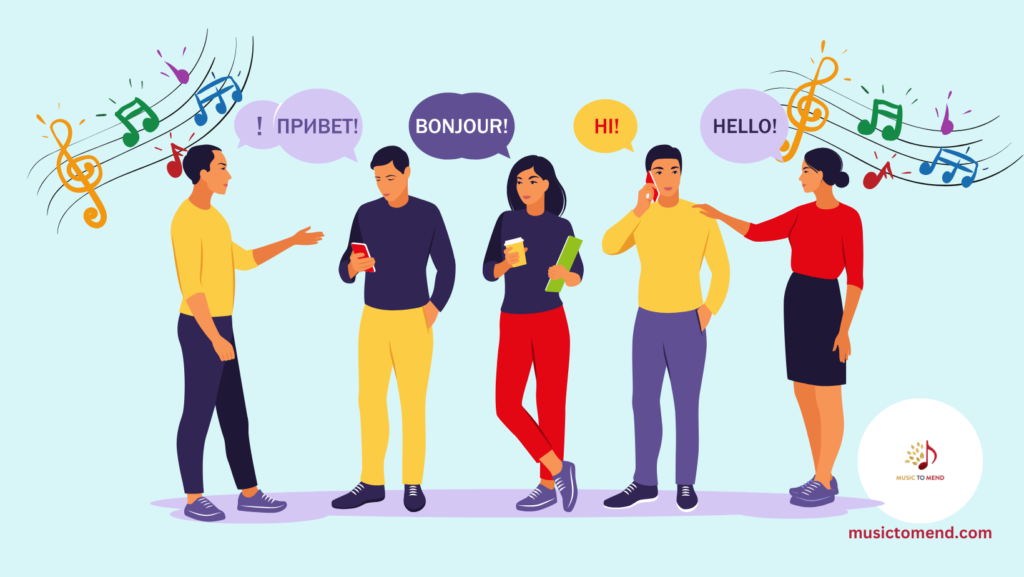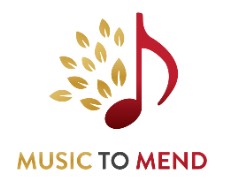How Learning a Second Language Benefits Your Mental Health

ES_Countryside-Breakfast-Claude-Signet
In this article, we will discuss how to find the right second language for you and the steps you need to take in order to get started quickly. We will look at some of the benefits of learning a second language, how to determine which language is best for you, and strategies for getting started with your new language as quickly as possible.
Learning a second language can have a positive impact on your mental health. It can help you to reduce stress, increase your self-confidence, and even improve your memory.
Learning a new language requires dedication and perseverance, which can help you develop resilience and self-discipline. Additionally, learning a second language opens up the possibility of connecting with people from different cultures and backgrounds. This can lead to increased empathy and understanding of other people’s perspectives.
Furthermore, research has shown that learning a second language also has cognitive benefits. It improves problem-solving skills and enhances memory recall by activating different parts of the brain that are not used when speaking only one language.
The Cognitive Benefits of Bilingualism and Multilingualism
Bilingualism and multilingualism are becoming increasingly popular around the world. Not only is it beneficial for communication purposes, but it also has cognitive benefits. Studies have shown that bilingualism and multilingualism can help improve mental health, increase intelligence, and even delay the onset of dementia.
The cognitive benefits of bilingualism and multilingualism include improved memory, increased attention span, better problem-solving skills, enhanced multitasking ability, and improved executive functioning skills such as planning and organizing tasks. In addition to this, bilinguals also tend to be more open-minded than monolinguals. They are better able to understand different cultures and perspectives, which can lead to better decision-making in their personal and professional lives.
Stress Reduction Through Learning a New Language
Children and adults struggling with ADHD, Autism, PTSD, or C-PTSD can greatly benefit from learning a new language. Learning new words and phrases in a second language can be an effective way to reduce stress. And reducing stress can lower blood pressure and help you feel better mentally and physically. It can provide a sense of accomplishment and help you focus on something other than the stressors in your life. It also gives you the opportunity to connect with people from different cultures and backgrounds, which can help broaden your perspective. Plus, it’s fun! Learning a new language can be an enjoyable experience that provides both mental and physical benefits. Learning a new language will give you insight into different cultures, build relationships with others, and improve your communication skills. Additionally, it has been proven that studying a foreign language reduces stress hormones like cortisol and increases endorphins in the brain – leading to improved mental well-being.

What are the Benefits of Learning a Second Language Through Piano?
Learning a second language through piano is an innovative and fun way to pick up a new language. With the help of piano, learners can quickly learn the basics of a new language and develop their communication skills. Playing the piano also provides several benefits that traditional language learning methods cannot offer, such as improved motor skills, increased creativity, and better memory recall. Additionally, learning a second language through piano can be beneficial for students of all ages since it is more engaging than traditional methods. It can also provide an opportunity to explore different cultures and gain insight into other languages.
The Benefits of Taking Music Classes for Second Language Learners
Taking music classes can be a great way for second language learners to improve their language skills. Music classes offer formal instruction, which can help students learn the basics of the language and develop their pronunciation. Additionally, music classes provide an engaging and fun way to practice speaking a second language. Through singing and playing instruments, students can interact with the language in an enjoyable way that helps them to understand its nuances better.
Finally, music classes provide an opportunity for students to practice their listening skills as they learn how to follow musical instructions in a foreign language. These benefits make music classes ideal for second-language learners to improve their proficiency in a new language. Music is a powerful tool to help make language learning easier and more enjoyable. It can be used to learn new words, phrases, and grammar in a fun and engaging way. With the right approach, music can help learners of any age become more proficient in a language faster than ever before.







